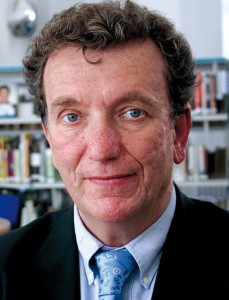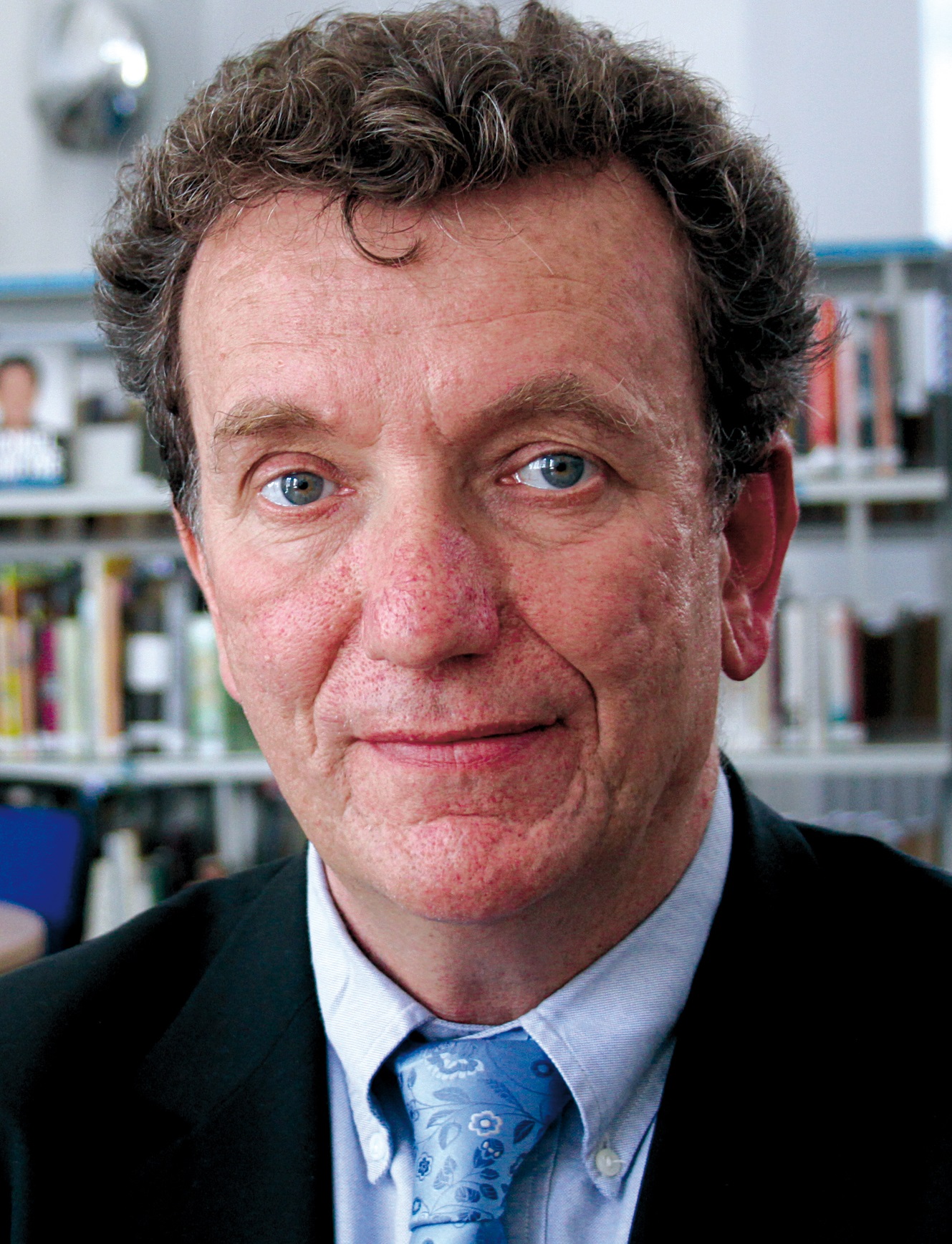The head of Hove Park School, Derek Trimmer, has told teachers that he is recommending governors vote against plans to turn the school into an academy tonight (Monday 22 September).
His full statement follows:
This evening marks the culmination of months of work and debate around the question of whether or not we should seek to establish a Multi Academy Trust.
I think it is important at this stage that we should pause and consider our vision for education at Hove Park:
Our Vision for education at Hove Park is driven by some fundamental core values that relate to children of all abilities and backgrounds having the same access to a world-class education. That is why we put achievement first and that is why we strive to ensure that no child is disadvantaged by either their economic background or by any other characteristic that may present itself as a potential barrier to success.

At Hove Park we are especially passionate about teaching. We recognise that the quality of any school system cannot exceed the quality of its teachers and that is why we place such an emphasis on the craft of teaching. We are really proud of our teaching staff and our wider workforce which are both of the highest calibre and we ensure that all new staff who are appointed are fully committed to that same agenda of raising standards for all of our students.
At Hove Park we are also determined that education should be broad and balanced providing opportunities for promoting the cultural, physical and creative aspects of our children’s development as much as we provide for their academic progress. This is why we have enriched our curriculum to provide a much greater diversity in terms of creative and explorative learning.
This last year has seen Hove Park School take a leading role nationally and internationally in the use of iPads for all students on a one-to-one basis. This has led to a radical transformation in the quality of, and access to, learning styles and pedagogies that are secured by outstanding access to digital learning. It has also led to a substantial narrowing of the gap in terms of the academic outcomes between different socio economic groups of students.
One other core element of our vision for learning relates to the role of partnership between schools. We believe in supporting the education of the city child.
We believe that the days of limiting a school’s success by constantly pitching it in competition against other local schools and creating a hierarchy of education is surely coming to an end.
This means that we recognise that children’s interest is best served when schools work together as communities, sharing resources, expertise, knowledge and leadership. We believe this needs to happen between secondary schools and across phase so that children experience a seamless and coherent all-through education. That is why we are sharing all our courses on line through iTunes U.
One example of such a partnership is the way in which we have been working very closely in partnership with one of our feeder schools, West Blatchington Primary, to provide a really strong basis for an all through education. We are supporting them in their journey towards becoming a ‘good’ school in their next OFSTED judgement and the cross phase work that we are engaged in has been of enormous benefit to the children from both schools.
We have also benefitted from partnerships with schools beyond our own city, including Perry Beeches Academy in Birmingham and School 21 in Stratford, East London, both of which have recently been recognised as outstanding by OFSTED.
The opportunity to work with primary schools and other secondary schools across the city and beyond remains a moral imperative for governors and staff within Hove Park.
As we move towards our decision this evening we need to be mindful that what we are doing is choosing a vehicle to deliver that vision.
The vision is more important than the vehicle.
If we are going to help the city child we have to have the city behind us and that means that we need to be mindful of the unrest and disruption that forging ahead with an Academy conversion at this stage of our journey could cause. We also need to be absolutely incisive in terms of separating politics from what is right educationally for our children and with recent events this line has become increasingly blurred.
I believe that with the level of uncertainty that exists amongst members of our community and the resulting level of opposition that may harm the progress of the children in our school, the time is not right for driving through such a change.
Therefore, I will be recommending to governors to vote against the proposed academy status and to support us in delivering our vision through continued partnership and willingness to consider a future where a family of schools could work together to benefit all the children of our community.
Our recent results have demonstrated once again that we have a very unique and successful formula for raising standards in this city. We have already shared with our colleagues from other schools, many of the strategies that have helped deliver this success. But as we move forward into a new arena where the expectation on improving outcomes for all children, not just those on the C/D borderline, drives the agenda for school accountability, we must step up to our role of leading the city in terms of pedagogical and strategic direction.
We will ensure that our school delivers its promise of providing support for the children of this city through the setting and realisation of our own ambitious targets and through challenging complacency wherever it exists. In order to do this we must avoid complacency ourselves and seek to exist in the perfect balance between humility and confidence, for what makes us vulnerable also makes us strong.
Indeed, we will only continue to improve if we are prepared to challenge our own thinking and our own practice; to be prepared to learn from the experience of the people we meet with the same intensity with that which we share our own knowledge and our own expertise.
It is this dual edged approach to learning that we must adopt ourselves and model to our children in order to help them prepare for a life long learning in a world of work that is as diverse as it is unpredictable.







